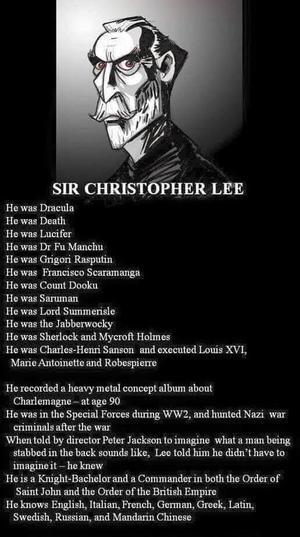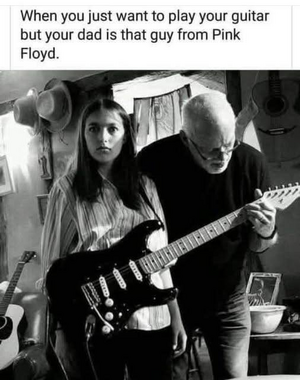


Fred Rogers never endorsed a commercial product, yet in 1985, Burger King aired a TV ad featuring an actor impersonating him as "Mister Rodney." The parody was meant to be lighthearted, but Rogers took issue with it, stating, "To have someone who looks like me doing a commercial is very confusing for children." He contacted Don Dempsey, Senior Vice President of Burger King, who immediately agreed to pull the commercial. The advertisement, which cost $150,000, aired only a few dozen times before disappearing from television. Dempsey later admitted that challenging Rogers’ request was out of the question, saying, "Mister Rogers is one guy you don’t want to mess with, as beloved as he is."
Rogers had little tolerance for misrepresentations that could mislead children or compromise his values. When Johnny Carson parodied him in "Mister Rambo’s Neighborhood" on "The Tonight Show," Rogers voiced his disapproval. Carson, understanding the impact, publicly apologized. However, Rogers appreciated good-natured humor and made exceptions when the context and audience were appropriate. Eddie Murphy’s "Mister Robinson’s Neighborhood" on "Saturday Night Live" in the 1980s was one such case. The skit humorously reimagined Rogers' world in an urban setting with Murphy’s comedic twist. Unlike the Burger King ad or Carson's sketch, Rogers found Murphy’s parody amusing and affectionate. The late-night timing also played a role in his acceptance since his young audience would not be watching.
In December 1998, Rogers took legal action when a Texas store began selling T-shirts depicting his likeness holding a handgun with the phrase, "Welcome to my 'hood.'" It was one of the rare occasions where he expressed public anger. He didn’t merely demand that the shirts be discontinued—he insisted they be destroyed. His steadfast commitment to protecting his image extended beyond simple protests; he actively ensured that anything contradicting the principles of kindness and education he championed would not persist.
Rogers' influence extended beyond television, shaping legal and technological developments. In the early 1980s, the television industry fought against home recording devices, arguing that VCRs would harm their business. The case reached the Supreme Court, and Rogers, unlike most in the industry, testified in favor of VCRs. He believed that parents recording "Mister Rogers' Neighborhood" for their children to watch later was beneficial. His heartfelt testimony played a crucial role in the Court’s decision that VCRs did not violate copyright laws. The ruling paved the way for future advancements in home entertainment, eventually leading to DVRs and streaming technology. A Supreme Court footnote even quoted Rogers’ testimony, underscoring his unexpected yet significant role in media history.
Despite his gentle demeanor, Rogers was unwavering in his principles. Whether confronting corporations, entertainers, or even legal battles, his priority remained the well-being of children. His philosophy was simple yet profound: "You made this a special day just by being yourself."

All reactions:
Rogers had little tolerance for misrepresentations that could mislead children or compromise his values. When Johnny Carson parodied him in "Mister Rambo’s Neighborhood" on "The Tonight Show," Rogers voiced his disapproval. Carson, understanding the impact, publicly apologized. However, Rogers appreciated good-natured humor and made exceptions when the context and audience were appropriate. Eddie Murphy’s "Mister Robinson’s Neighborhood" on "Saturday Night Live" in the 1980s was one such case. The skit humorously reimagined Rogers' world in an urban setting with Murphy’s comedic twist. Unlike the Burger King ad or Carson's sketch, Rogers found Murphy’s parody amusing and affectionate. The late-night timing also played a role in his acceptance since his young audience would not be watching.
In December 1998, Rogers took legal action when a Texas store began selling T-shirts depicting his likeness holding a handgun with the phrase, "Welcome to my 'hood.'" It was one of the rare occasions where he expressed public anger. He didn’t merely demand that the shirts be discontinued—he insisted they be destroyed. His steadfast commitment to protecting his image extended beyond simple protests; he actively ensured that anything contradicting the principles of kindness and education he championed would not persist.
Rogers' influence extended beyond television, shaping legal and technological developments. In the early 1980s, the television industry fought against home recording devices, arguing that VCRs would harm their business. The case reached the Supreme Court, and Rogers, unlike most in the industry, testified in favor of VCRs. He believed that parents recording "Mister Rogers' Neighborhood" for their children to watch later was beneficial. His heartfelt testimony played a crucial role in the Court’s decision that VCRs did not violate copyright laws. The ruling paved the way for future advancements in home entertainment, eventually leading to DVRs and streaming technology. A Supreme Court footnote even quoted Rogers’ testimony, underscoring his unexpected yet significant role in media history.
Despite his gentle demeanor, Rogers was unwavering in his principles. Whether confronting corporations, entertainers, or even legal battles, his priority remained the well-being of children. His philosophy was simple yet profound: "You made this a special day just by being yourself."

All reactions:



